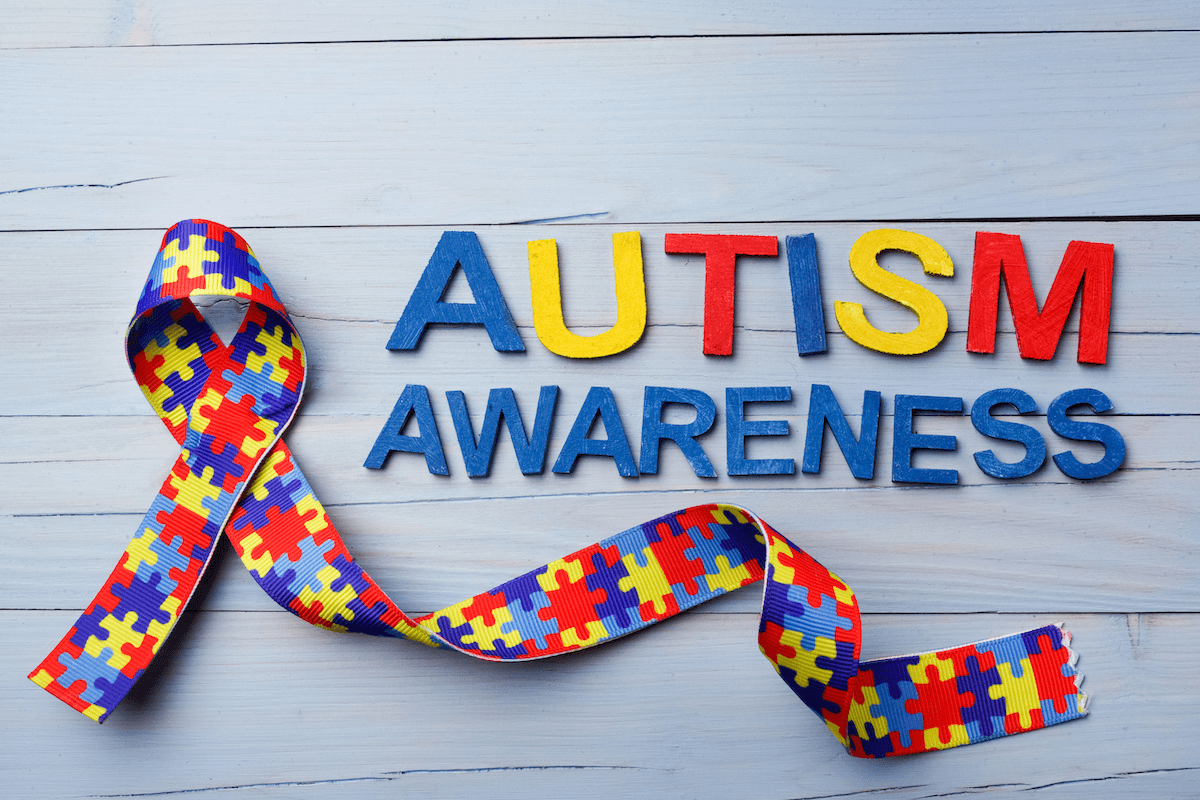Raising a bilingual child is a rewarding experience, but many parents wonder if learning two languages at once might delay their child's speech and language development. The good news is that bilingualism does not cause speech or language delays. However, bilingual children may develop language skills differently compared to monolingual children, and understanding these differences can help parents provide the right support.
How Bilingual Children Develop Language
Bilingual children may:
- Mix words from both languages in one sentence. This is normal and temporary.
- Take a little longer to start speaking but will catch up by school age.
- Have a slightly smaller vocabulary in each language compared to monolingual peers, but their total vocabulary across both languages is often equal or greater.
Common Myths About Bilingualism
- "Learning two languages confuses children." False! Children naturally separate languages over time.
- "Bilingual children will always have a delay." Not true—bilingual children follow the same speech milestones as monolinguals.
- "You should stop speaking one language if your child has a speech delay." Research shows that maintaining both languages strengthens overall language development.
Differences in Language Structures and Speech Sounds
Different languages have unique sounds, grammar structures, and word orders, which can influence how a bilingual child develops speech. Understanding these differences can help parents support their child's pronunciation, vocabulary, and communication skills.
Cantonese vs. English (Relating Back to My Own Experience)
Since I speak Cantonese, I understand firsthand how language differences can affect bilingual development. Here are some key differences:
- Tones: Cantonese is a tonal language, meaning the pitch of a word changes its meaning. English does not use tones in the same way, so a Cantonese-speaking child learning English may take longer to master English intonation patterns.
- Grammar: In Cantonese, plurals are often implied (e.g., "two apple" instead of "two apples"). A bilingual child might initially apply this pattern when speaking English.
- Speech Sounds: Cantonese does not have certain English sounds like /v/ or /th/, which means Cantonese-speaking children learning English might substitute sounds or struggle with pronunciation.
Other Language Examples
- Cantonese vs. Mandarin: While both are Chinese languages, they have different tones, sounds, and word choices. A child learning both might take longer to differentiate similar words.
- Spanish vs. English: Spanish only has five vowel sounds, while English has around 20. A Spanish-speaking child may take longer to master the full range of English vowels.
- Arabic vs. English: Arabic does not use the English "p" sound, so an Arabic-speaking child may substitute /b/ for /p/ when speaking English.
Speech and Language Milestones in Bilingual Children
Just like monolingual children, bilingual children follow typical speech and language milestones, though they may vary slightly based on language exposure and use. Key milestones include:
- By 12 months: Babbling in both languages and responding to familiar words.
- By 18-24 months: Saying first words in one or both languages, using simple phrases.
- By 3 years: Combining words into sentences, even if mixing languages.
- By 4-5 years: Speaking clearly with improved grammar in both languages.
Should I Be Concerned About My Child's Speech Development?
Bilingual children may sometimes mix languages or take longer to become fully fluent in both, but this is normal and not a cause for concern. However, you should seek support from a speech pathologist if:
- Your child is significantly behind language milestones in both languages.
- They struggle to understand or express themselves in either language.
- They have difficulty pronouncing sounds that should be developed by their age.
Need Support?
If you're concerned about your child's speech and language development, I'm here to help! As a bilingual speech pathologist, I understand the unique challenges bilingual children face and can provide assessments and therapy tailored to their needs. Contact me today to discuss how I can support your child's bilingual development.
By understanding how bilingual children develop language, parents can confidently support their child's speech and language skills. Whether your child speaks Cantonese, Mandarin, Spanish, Arabic, or another language alongside English, bilingualism is a gift that strengthens cognitive and communication skills for life.



